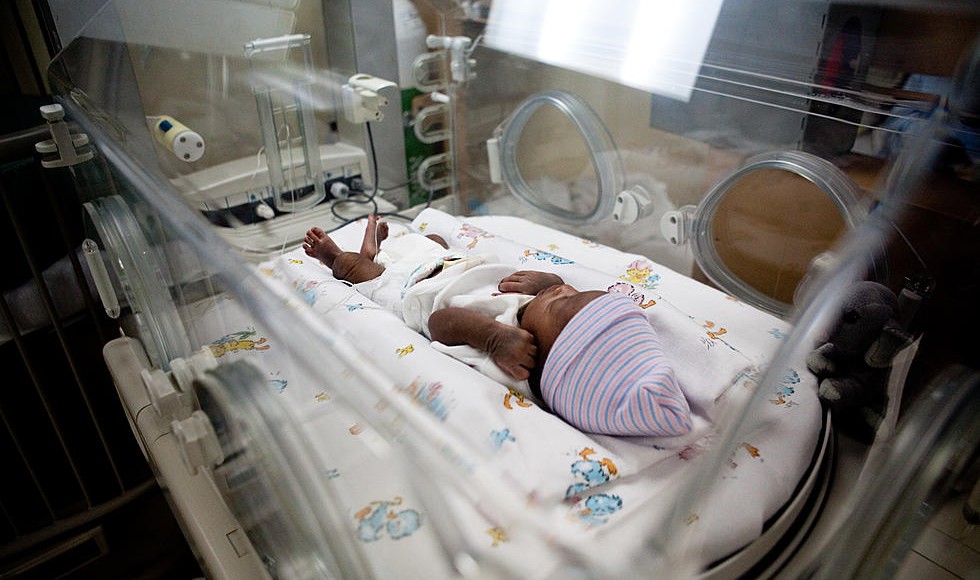
Strikes by doctors and nurses in Kenya causes an additional 19 neonatal deaths per 1000 births, which represents a 68 percent increase in neonatal mortality.
This was established by a survey Disruptions to healthcare quality and early child health outcomes: Evidence from health-worker strikes in Kenya published at Science Direct.
Nearly three-quarters of strikes feature either doctors or nurses, but not both, which often result in major staffing shortages but not always a hospital closure with an average strike lasts 7 days.
In Kenya, it is estimated that approximately 18 percent of all newborns will develop complications that require inpatient neonatal services
The survey established that newborns that develop neonatal complications in the first few days of life are more likely to die as they can’t receive the necessary interventions.
The study shows vulnerable neonates receive reduced services during strikes as the care provided in a striking hospital that has remained open is worse due to severely limited staff.
As a result, the child instead receive care in a nearby facility that is either lower quality or whose quality suffers due to overcrowding and cannot access necessary care.
Further, it discovered that strikes cause excess mortality rather than accelerating deaths that would have occurred later in infancy.
In addition, strikes leads to low vaccine uptake with evidence suggesting that children born during strikes may be less likely to be fully vaccinated against common illnesses such as polio and measles.
A reduction in vaccinations would suggest that strikes may have impacts on these and other important child health inputs that continue long after strikes have ended.
The survey was compiled from 23 health-worker strikes spanning 7 counties and 12 different hospitals from 1999 to early 2014

Leave a Reply